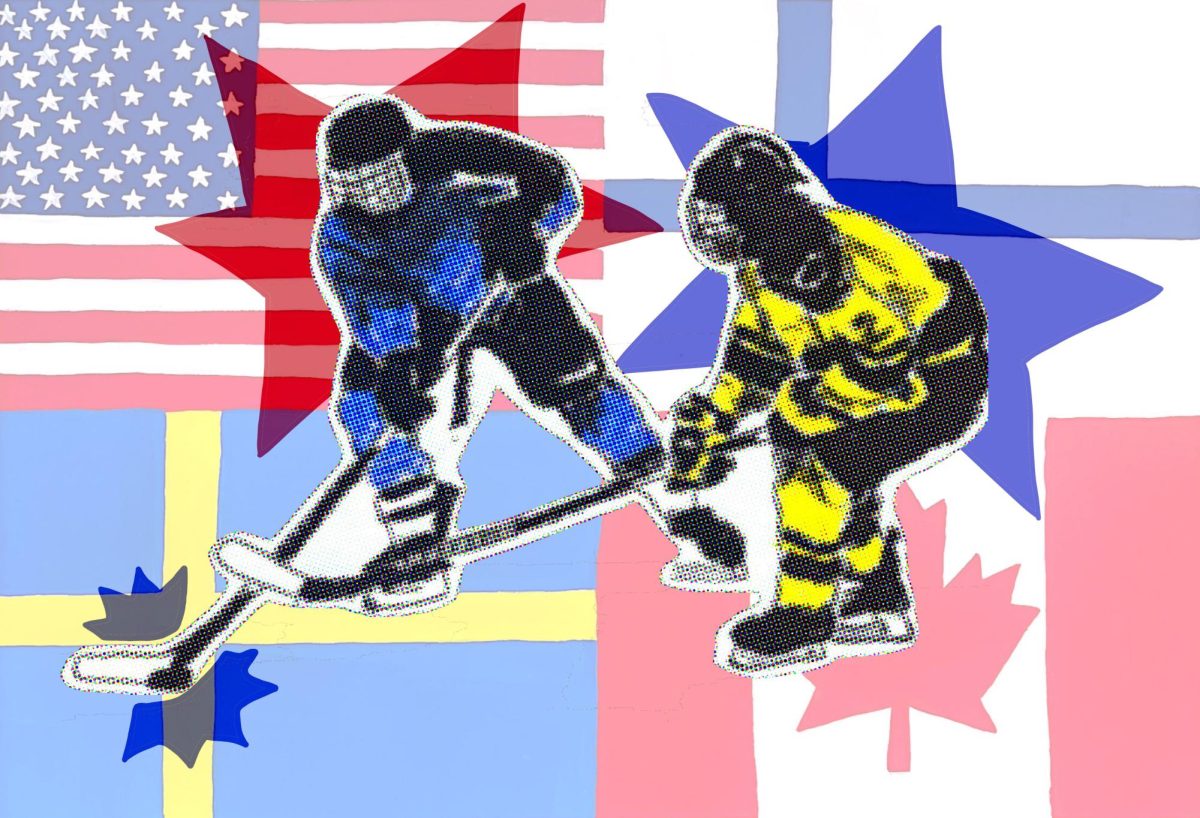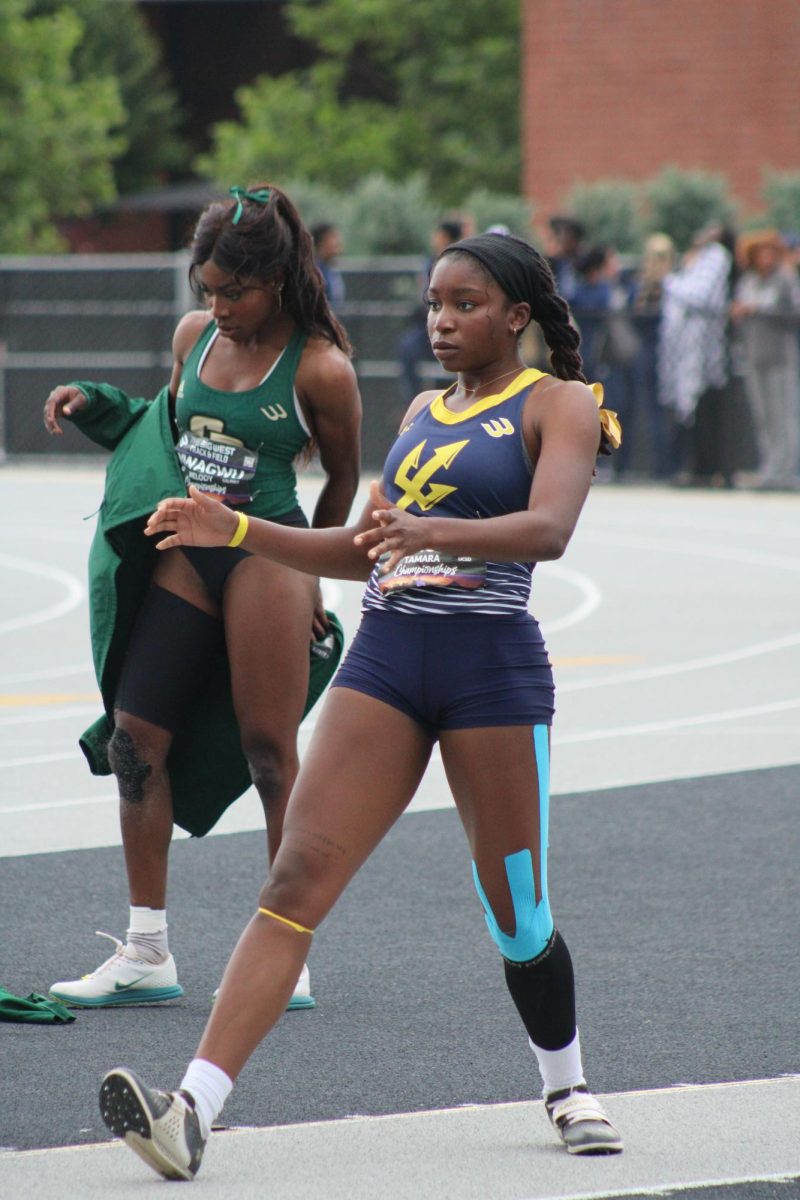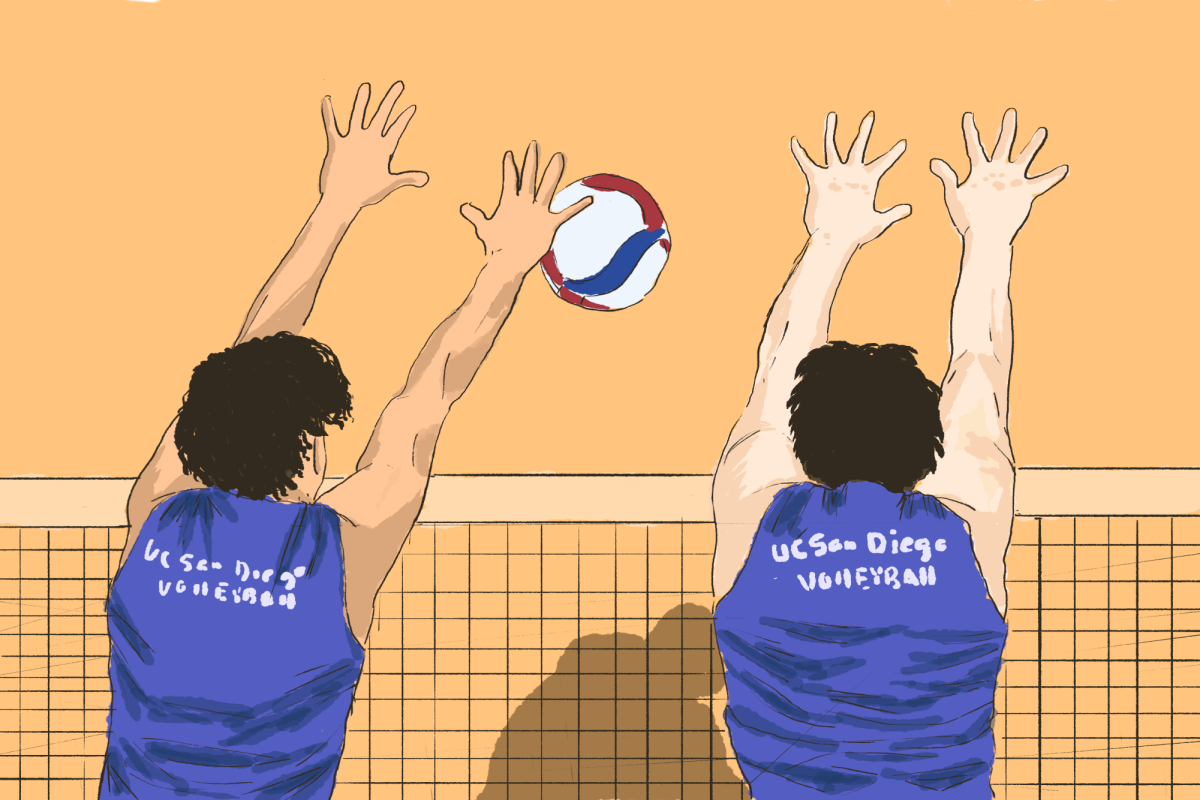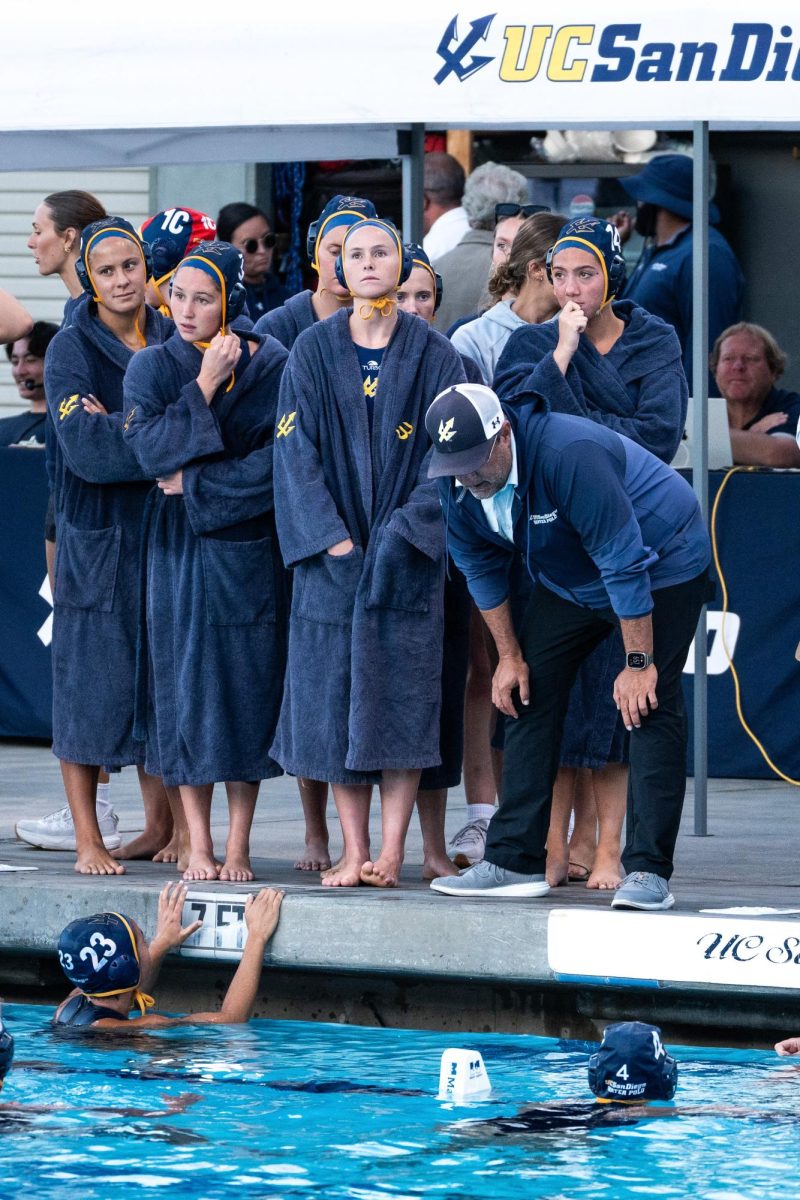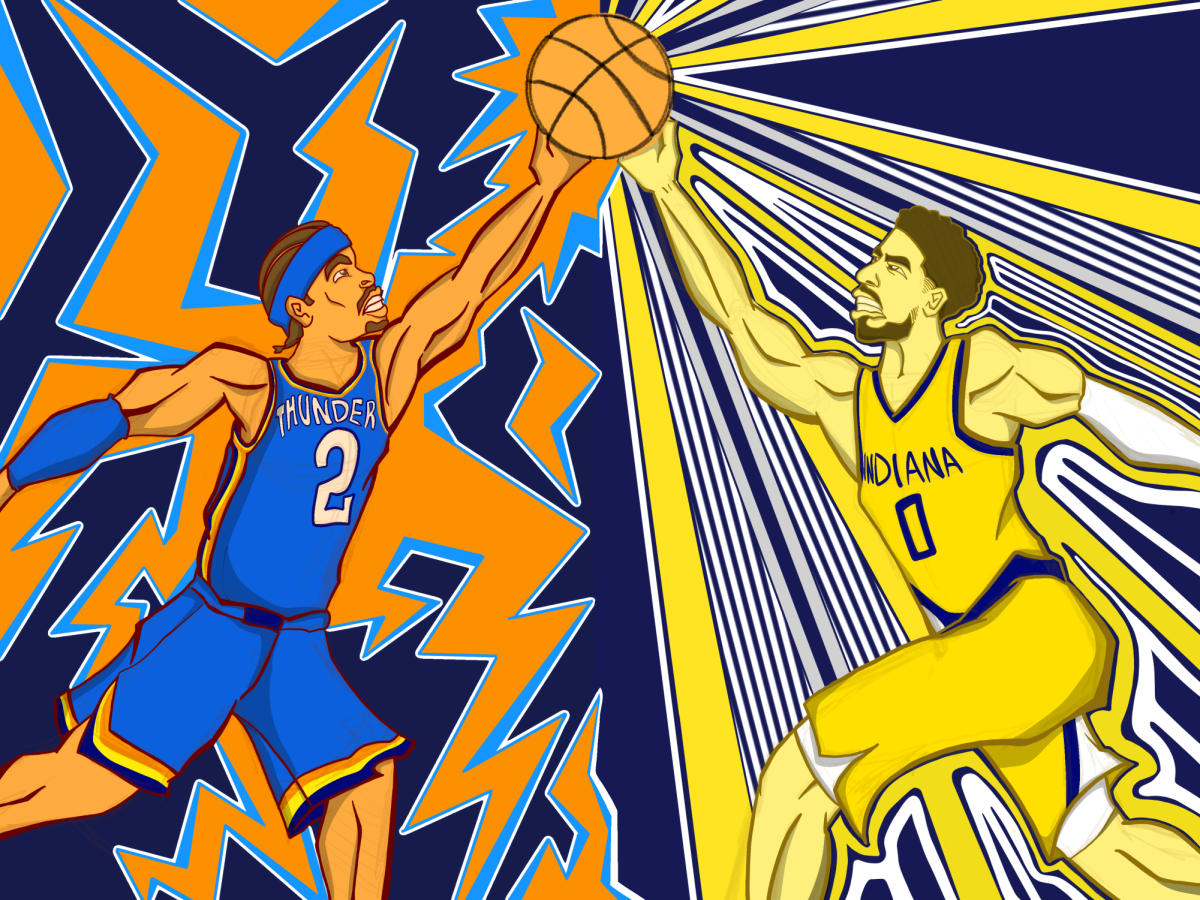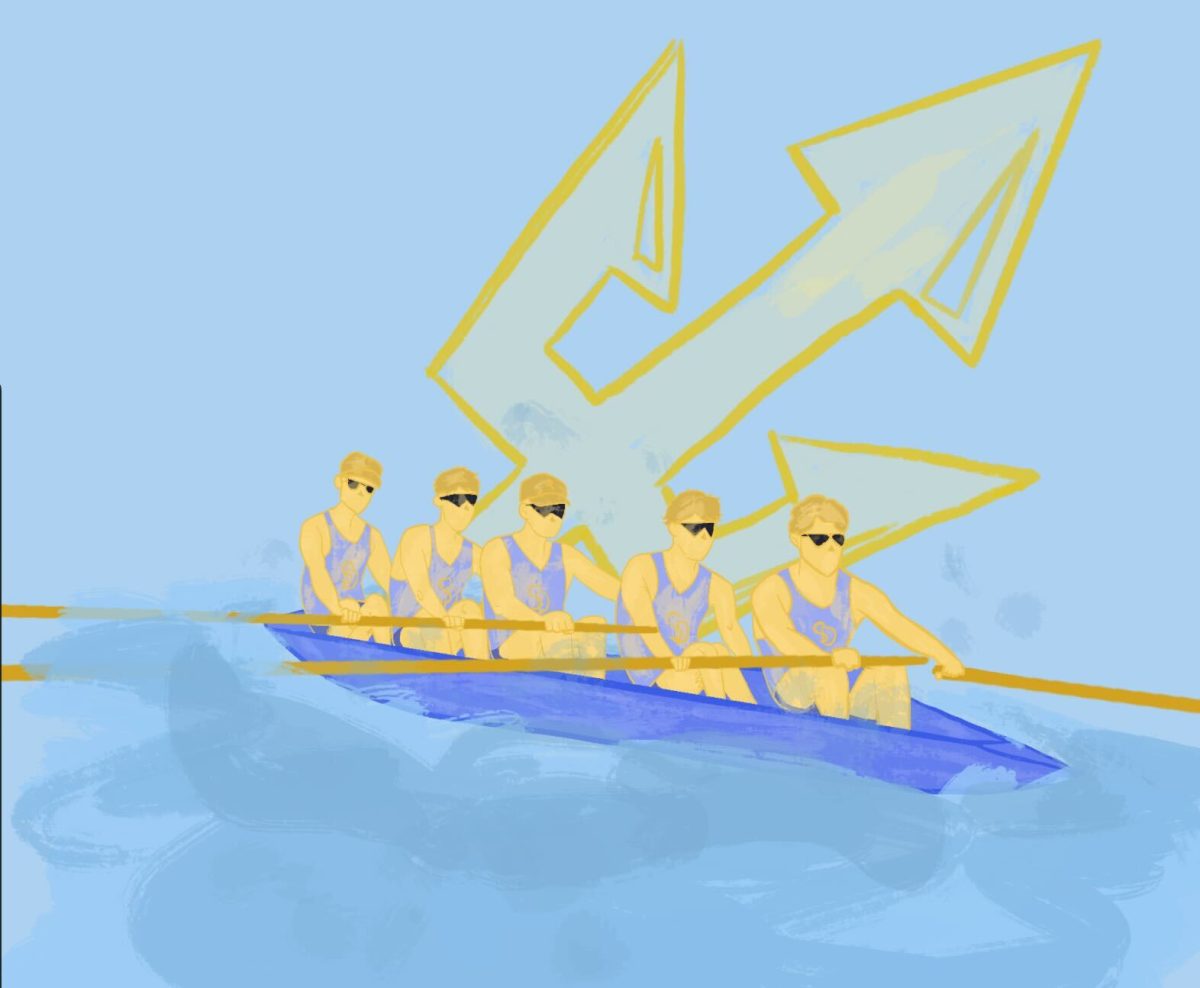“It’s what hockey’s been missing for the past decade,” Edmonton Oilers superstar Connor McDavid said when asked about the 2023 World Baseball Classic the day after its epic final game. Unlike baseball, hockey has sorely missed best-on-best international play due to NHL players’ absence from the previous two Winter Olympics. Hockey fans have not seen the stars of their sport compete in an international tournament since the 2016 World Cup of Hockey.
In the 2018 Winter Olympics, this was because the NHL and the International Olympic Committee failed to resolve a dispute over who would cover travel, insurance, and accommodation costs. The NHL announced that its players would participate in the 2022 Winter Olympics but reneged on this commitment six weeks before the games began because they needed the time to make up for games canceled due to the COVID-19 pandemic.
International play produced some of the greatest moments in hockey during the 2010s, like Sidney Crosby’s golden goal in 2010 and T.J. Oshie’s legendary shootout in 2014. Players relish the opportunity to represent their country, and fans love seeing the greatest players in hockey compete. It is a travesty that the NHL has not found a way to make it happen since 2016. However, it appears that NHL commissioner Gary Bettman has heard the pleas from McDavid and others desperate for best-on-best international hockey; in February, he announced the 4 Nations Face-Off and committed to NHL players’ participation in the 2026 and 2030 Olympics.
The 4 Nations Face-Off is a new tournament between Canada, the United States, Sweden, and Finland, implemented as a tune-up before the 2026 Olympics. It will take place between Feb. 12 and Feb. 20 in Montreal and Boston. There will be a round-robin round, followed by a one-game final between the two highest-seeded teams
Here are my predictions for each team’s lineup:
Canada
Bold indicates confirmed on roster
| Left-Wingers | Centers | Right-Wingers |
| Brad Marchand | Connor McDavid | Mitch Marner |
| Matt Barzal | Sidney Crosby | Nathan MacKinnon |
| Alexis Lafrenière | Brayden Point | Sam Reinhart |
| Connor Bedard | Nick Suzuki | Mark Stone |
| Left-Defense | Right-Defense |
| Devon Toews | Cale Makar |
| Shea Theodore | Alex Pietrangelo |
| Noah Dobson | Evan Bouchard |
| Goaltenders |
| Cam Talbot |
| Mackenzie Blackwood |
| Jordan Binnington |
Canada’s forward group will terrify opposing goaltenders. They have three Hart Trophy winners — awarded to the league MVP — in McDavid, Crosby, and Nathan MacKinnon. Even Canada’s depth has players like Sam Reinhart, who scored 57 goals last year. Their depth at center is especially impressive. Third-line center Brayden Point is a top-ten player at his position, and I project they will move Mackinnon to the wing to make room for Nick Suzuki. Suzuki is an elite two-way player who will provide balance to this forward group.
While their defense corps is not on the same level as their forwards, it is still one of the best blue lines in the world. Cale Makar, the best defenseman in hockey, leads the group. He and his partner Devon Toews are the premiere defensive pairing in the NHL and should slide seamlessly into this Canada team.
Goaltending is the Achilles heel for the otherwise stacked Team Canada. Cam Talbot and Mackenzie Blackwood are both far from household names, but they have started the season off strong. Jordan Binnington backstopped the St. Louis Blues to a Stanley Cup title in 2019 but has not come close to that level in the years since. Will they be able to outscore their woes between the pipes? Or will they need one of their three unremarkable netminders to get hot at the right time to carry them to victory?
Sweden
| Left-Wingers | Centers | Right-Wingers |
| Filip Forsberg | Mika Zibanejad | William Nylander |
| Jesper Bratt | Elias Pettersson | Lucas Raymond |
| Adrian Kempe | Joel Eriksson Ek | Elias Lindholm |
| William Eklund | William Karlsson | Fabian Zetterlund |
| Left-Defense | Right-Defense |
| Victor Hedman | Erik Karlsson |
| Rasmus Dahlin | Gustav Forsling |
| Mattias Ekholm | Jonas Brodin |
| Goaltenders |
| Linus Ullmark |
| Jakob Markström |
| Filip Gustavsson |
With the best blue line in the tournament, Sweden is built with an emphasis on defense. Victor Hedman and Erik Karlsson are both future Hall of Famers, with four Norris Trophies combined, which are awarded to the league’s best defenseman. The 2018 No. 1 overall pick Rasmus Dahlin has also developed into one of the best defensemen in the league. His partner Gustav Forsling is a do-everything player who logged significant minutes in the Florida Panthers’ Stanley Cup title run last year. Mattias Ekholm and Jonas Brodin are two savvy veterans who can shut down opposing attackers on any given night.
The Swedish forward corps is top-heavy. Perennial all-stars like William Nylander and Filip Forsberg should be able to do their part, but will the Swedish bottom six be able to compete with some of the deeper teams in the tournament? Their goaltending appears elite on paper but still needs to improve, as Jakob Markstrom and Linus Ullmark have started the season slowly.
United States
| Left-Wingers | Centers | Right-Wingers |
| Jack Hughes | Auston Matthews | Matthew Tkachuk |
| Chris Kreider | Jack Eichel | Jason Robertson |
| Jake Guentzel | JT Miller | Brady Tkachuk |
| Kyle Connor | Dylan Larkin | Tage Thompson |
| Left-Defense | Right-Defense |
| Jaccob Slavin | Adam Fox |
| Quinn Hughes | Charlie McAvoy |
| Jake Sanderson | Brock Faber |
| Goaltenders |
| Connor Hellebuyck |
| Jake Oettinger |
| Anthony Stolarz |
Team USA is an all-around juggernaut with no true weaknesses; their forward group has star power and depth. Auston Matthews, who had the best goal-scoring season of the century last year, leads the charge. He is paired with Matthew Tkachuk, an elite player who combines skill with grit and defense. Team USA’s bottom six is stacked with NHL stars who will have to accept a lesser role in this tournament. While this group may not be as lethal as Canada’s, it is comfortably the second-best in the tournament.
The same applies to the American blue line; it is not quite as good as Sweden’s, but it is still one of the best in the tournament — boasting Norris Trophy winners Adam Fox and Quinn Hughes, along with two-time finalist Charlie McAvoy.
The American goaltenders are easily the best in the tournament. Connor Hellebuyck is a two-time Vezina Trophy winner, which is awarded to the NHL’s best goaltender. Jake Oettinger has carried the Dallas Stars to multiple deep playoff runs and is among the league’s leaders in goals saved above expected this year. Team USA has the most well-rounded squad in the tournament, but will it be enough against Canada’s unmatched firepower and Sweden’s sterling back end?
Finland
| Left-Wingers | Centers | Right-Wingers |
| Artturi Lehkonen | Aleksander Barkov | Mikko Rantanen |
| Mikael Granlund | Roope Hintz | Teuvu Teräväinen |
| Erik Haula | Sebastian Aho | Patrik Laine |
| Matias Maccelli | Anton Lundell | Kaapo Kakko |
| Left-Defense | Right-Defense |
| Esa Lindell | Miro Heiskanen |
| Jani Hakanpää | Henri Jokiharju |
| Oli Määttä | Rasmus Ristolainen |
| Goaltenders |
| Juuse Saros |
| Ukko-Pekka Luukkonen |
| Kevin Lankinen |
On paper, Finland is the least talented team in the tournament. While their roster is highlighted by superstars such as Aleksander Barkov and Miro Heiskanen, their depth at defense and winger is lackluster. Finland does not have the luxury other teams do of filling out their forward depth with star players. I projected Matias Maccelli as their final left wing, who has scored 9 points in 19 games this year while playing third-line minutes for the Utah Hockey Club. On the blue line, it is the same story: Finland is running out role players such as Oli Maatta and Rasmus Ristolainen.
On the bright side, Finland’s center depth is nothing to sneeze at; Sebastian Aho and Roope Hintz are bonafide stars, while Anton Lundell is a great two-way player. Jusse Saros is one of the best goaltenders in the world and is more than capable of stealing a game for the Finns. Furthermore, Barkov, Lundell, and Artturi Lehkonen are among the best defensive forwards in the NHL; Finland could use them to erase some of the top-end talent on other teams. Do not be surprised if Finland knocks off one of the top teams.
Winner Prediction: Canada
Canada will win by scoring in bunches, playing great team defense, and surviving with passable goaltending. No one in the tournament will be able to shut down Canada’s forward group. They will score at will, not needing elite goaltending to claim victory. Canada also has the unique advantage of both of their top-two defense pairings playing together in the NHL — Makar and Toews for the Avalanche and Theodore and Pietrangelo for the Golden Knights. With limited time to prepare for the tournament, this built-in chemistry will elevate Canada’s team defense and help limit the opposing team’s scoring chances. Finally, goaltending is difficult to predict, especially in a short tournament like this. NHL history is riddled with inconspicuous goaltenders who emerged in the playoffs to carry their team on a deep run. Canada does not necessarily want a goalie with an elite reputation; they want a goalie who will stand on his head for a week in February. Blackwood and Talbot have both played outstandingly for the first month and a half of this season; who’s to say they cannot do the same for a week? Even if they don’t, they will be elevated by Canada’s defense and have a large margin for error, thanks to their forwards.



